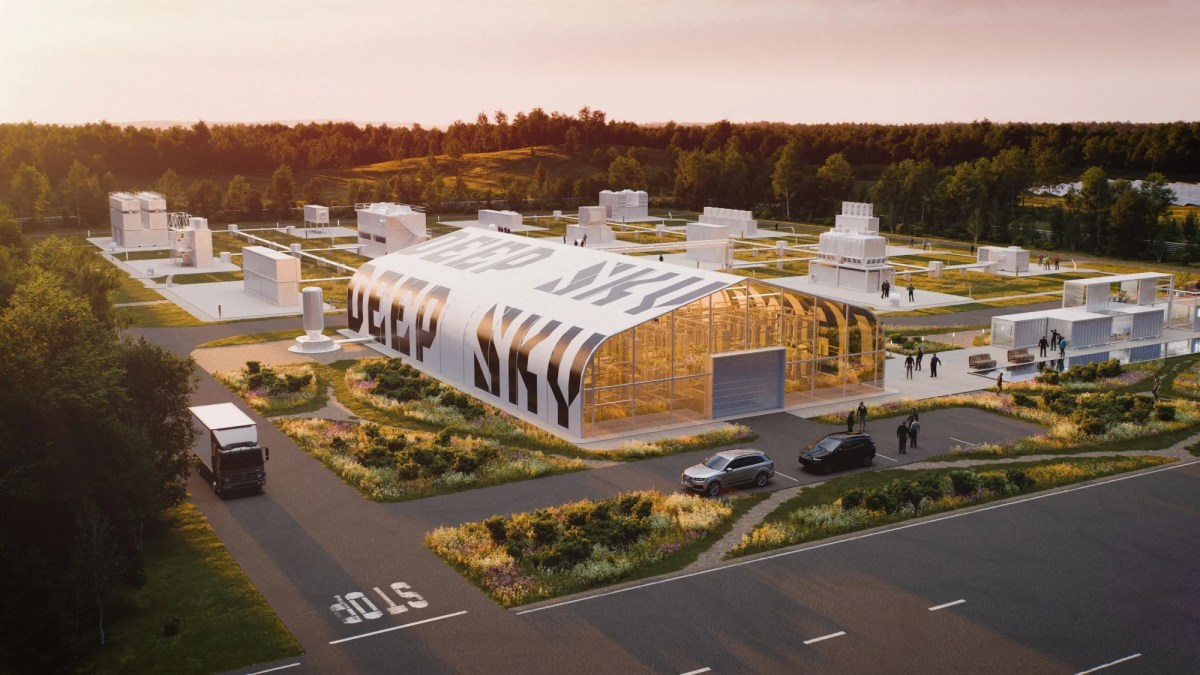Microsoft is in a pickle: It has committed to being carbon negative by 2030, but its emissions have skyrocketed more than 40% since 2020, thanks in part to its booming AI business. The company has bought a bunch of renewable power, but some emissions, like air travel, have been impossible to eliminate. What’s a Big Tech firm to do?
One option is direct air capture, the process of removing carbon dioxide from the atmosphere. Microsoft has been a large investor in DAC, through both equity checks in startups and committing to buying carbon credits in advance. But DAC is still in its infancy, with startups taking many different approaches in an attempt to find the cheapest, most efficient path.
To speed things along, Microsoft announced today that, along with the Royal Bank of Canada, it’s pre-purchasing 10,000 metric tons of carbon over 10 years from Deep Sky, a DAC project developer. Unlike other DAC projects, which focus on one technology, Deep Sky is hosting a bake-off of sorts, welcoming eight different startups to its site in Alberta, Canada, to see which one can do it best.
The eight startups will all get space near a well into which they’ll inject the captured carbon dioxide. Power to run their operations will all come from the same source, too. The shared approach should make it easier for startups to focus on what they do best — remove carbon — and not have to worry about the rest. Deep Sky is procuring solar power through a third party, and it is handling permitting for carbon storage. (Finding suitable sites for storage is one of the limiting factors for any carbon removal and storage project.)
Deep Sky told Bloomberg that the project should be up and running by April and that Microsoft and RBC will start receiving carbon credits by June. By DAC standards, that’s a pretty quick timeline. It won’t be enough to avert adverse warming, but if Deep Sky can find a winner, it might help pull the climate out of its current nosedive.

